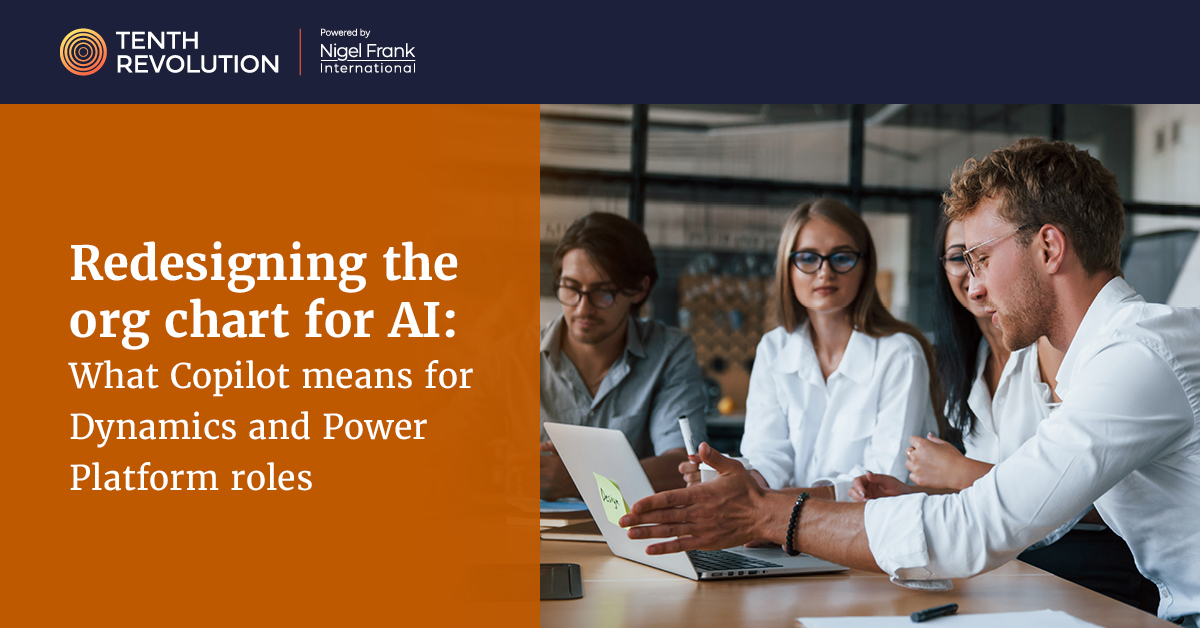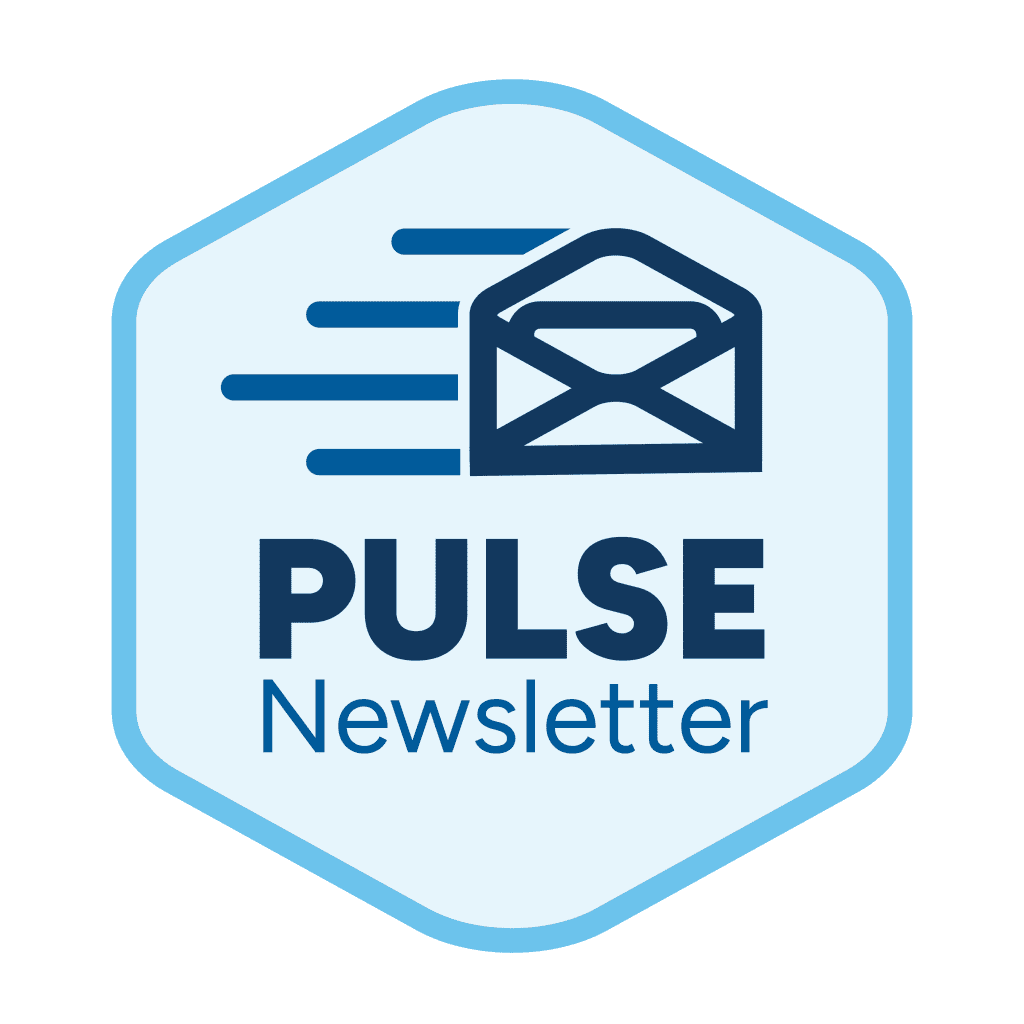
Artificial intelligence is changing how businesses structure and hire for Microsoft Dynamics 365 and Power Platform teams.
Copilot is built into every major Microsoft business product. It automates tasks, creates summaries, and provides suggestions based on live data. This new layer of automation affects how work is divided, and which skills are needed to manage it.
For leaders, the question is how to organize teams so that Copilot becomes a daily tool, not a distraction.
Why Copilot changes team structure
Copilot connects data from sales, finance, and operations. It produces draft emails, answers service questions, and identifies trends. The goal is speed and accuracy. Yet these gains depend on the people who plan and manage AI activity.
Teams now need staff who can monitor results, check data quality, and train others. Routine tasks shift toward oversight. That means fewer manual processes but more focus on validation and design.
An AI-first business needs people who can combine process knowledge with data awareness.
The new Dynamics 365 skill mix
AI changes the shape of Dynamics work. Roles that once focused on setup now include design, control, and teaching. Common new positions include:
- Copilot configuration specialists who adapt AI prompts to specific teams
- Data and governance leads who protect data accuracy and privacy
- Functional consultants who translate AI output into business action
- Adoption managers who guide teams through change and training
These roles build on existing skills. They turn Dynamics and Power Platform experts into managers of AI-assisted work.
The software evolves fast, but people still drive the outcome. Nigel Frank helps companies hire Dynamics 365 and Power Platform professionals who can plan, run, and scale AI projects with measurable value.
Leadership in an AI-enabled business
Copilot reaches across departments. A change in finance can affect sales or analytics. This demands closer coordination between technical and operational leaders.
Modern Dynamics structures rely on cross-functional groups. A data lead might sit with finance. A developer may work directly with customer operations. The goal is shared ownership of automation and faster response to change.
Leaders who understand both technology and business processes can manage this overlap. They align automation with the wider strategy.
Building an AI-ready structure
An AI-ready team has a mix of oversight and support roles. It might include:
- AI strategy leads who connect automation plans to business targets
- Department champions who spot and promote new AI use cases
- Data stewards who track quality and fairness
- Governance specialists who document and review every model in use
This structure spreads knowledge instead of centralizing it. It keeps innovation steady and transparent.
AI brings new tools, but people make them work. Nigel Frank connects businesses with Dynamics 365 and Power Platform professionals who can manage AI systems and maintain trust in their output.
Building a culture of AI trust
Trust is the foundation of adoption. Teams need to know when AI is confident and when it is uncertain. Training must show how to question and review results, not just accept them.
Leaders can build this culture by being open about how Copilot works. They can invite users to test, compare, and share feedback -when people see how their input shapes performance, they use the tools more effectively.
An informed team improves accuracy and morale at the same time.
What this means for business leaders
Redesigning the org chart for AI is not about adding layers, it’s about creating links. Each department must understand how its data feeds others and where automation fits best.
Hiring should focus on people who think across systems. They should be able to read output critically, communicate clearly, and update processes fast.
AI success comes from structure and people, not only from software.




